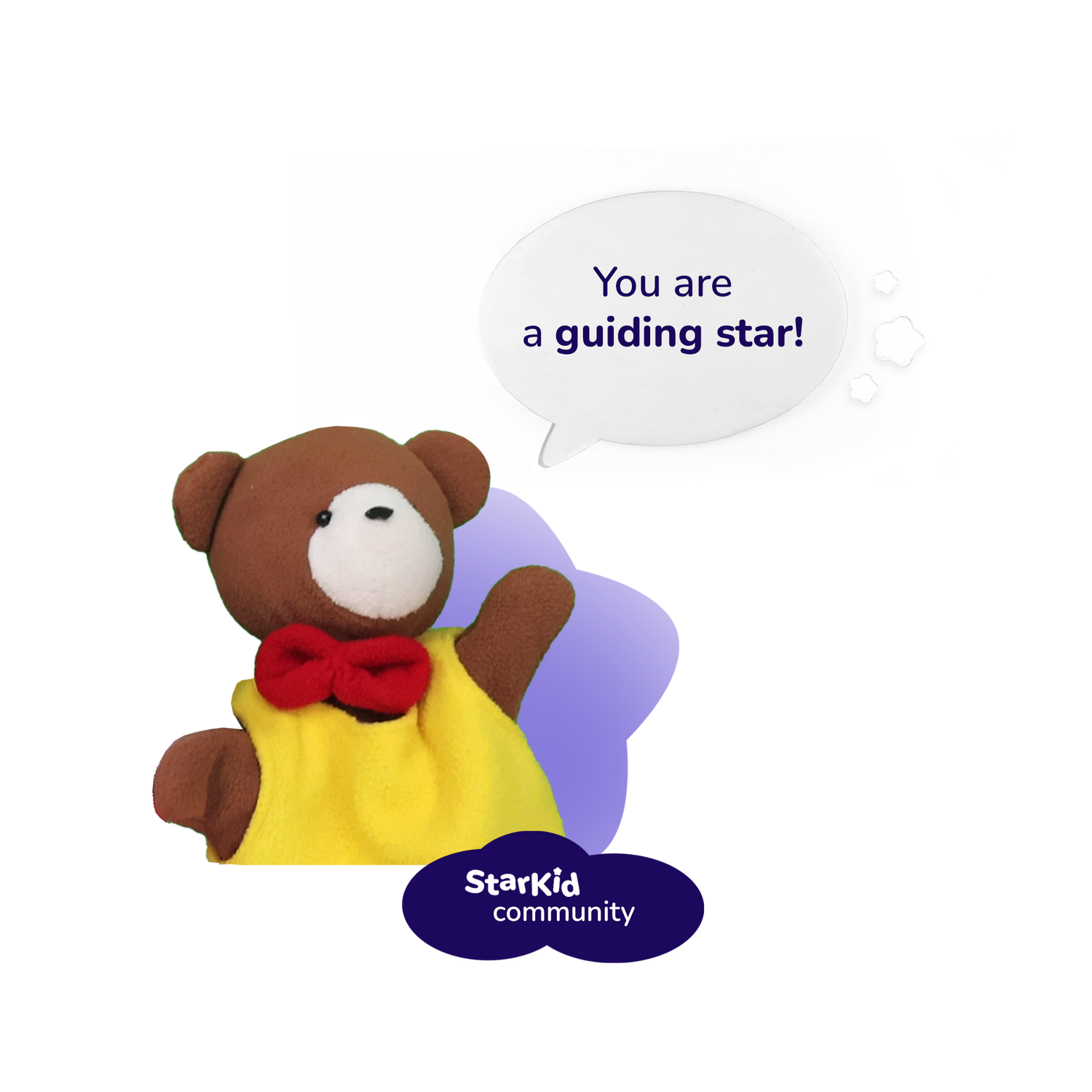As parents, we all want our children to love learning. But in a world full of distractions, fostering that love can be a challenge. Here are five simple, effective ways to nurture your child’s natural curiosity and make learning an exciting adventure.
1. Create a Learning-Friendly Environment
Creating a space where your child feels comfortable and excited to learn is essential. This doesn’t mean you need to set up a full classroom at home. A cozy corner with books, educational toys, and art supplies can be enough. Let your child help you set it up. When they’re involved, they’re more likely to use the space.
2. Encourage Questions
Children are naturally curious, and they often ask a lot of questions. Instead of providing immediate answers, encourage them to think critically and find the answers themselves. This process not only satisfies their curiosity but also builds critical thinking skills.
3. Integrate Learning into Everyday Activities
Learning doesn’t have to be confined to textbooks and classrooms. Use daily activities as learning opportunities. Cooking together can teach measurements and fractions, while grocery shopping can turn into a fun math exercise.
4. Read Together Daily
Reading is one of the most effective ways to boost a child’s love for learning. Make reading a daily habit. Choose books that interest your child and read together. Ask questions about the story, predict what will happen next, and discuss the characters. This not only improves their reading skills but also strengthens your bond.
5. Celebrate Achievements
Whether big or small, celebrate your child’s achievements. Positive reinforcement encourages them to keep trying and learning. Create a reward system or simply give lots of praise. Remember, the goal is to make them feel proud of their efforts.
Conclusion
Encouraging a love for learning in your child doesn’t have to be complicated. By creating a nurturing environment, encouraging curiosity, integrating learning into everyday activities, reading together, and celebrating achievements, you can help your child develop a lifelong passion for knowledge.
Remember, every child is unique. What works for one might not work for another, so be patient and try different approaches. Happy learning!


